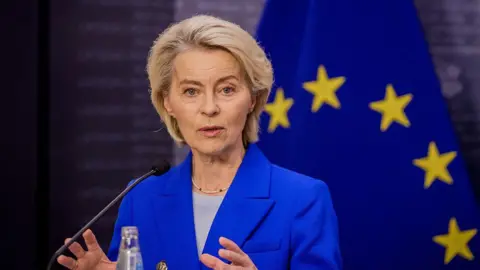Malta's golden passport initiative, which permits foreigners to secure citizenship by investing at least €600,000 and making charitable donations, has been a topic of contention. The court emphasized that citizenship acquisition should not be treated as a commercial transaction, highlighting concerns over risks related to money laundering and tax evasion. Despite this ruling, former Prime Minister Joseph Muscat claims the scheme could persist with adjustments, and Malta's government has yet to publicly address the court's decision. As the country faces potential financial penalties for non-compliance, the ruling could have implications for similar programs across the EU aimed at generating revenue through citizenship sales.
The court's decision could alter the landscape of citizenship schemes across Europe, fostering a renewed debate on the intersection of nationality, security, and financial investment policies within the EU.
The court's decision could alter the landscape of citizenship schemes across Europe, fostering a renewed debate on the intersection of nationality, security, and financial investment policies within the EU.




















